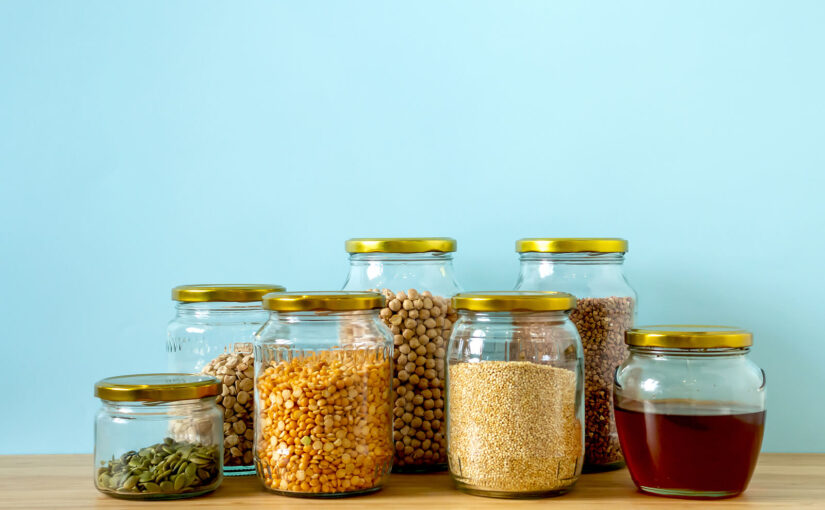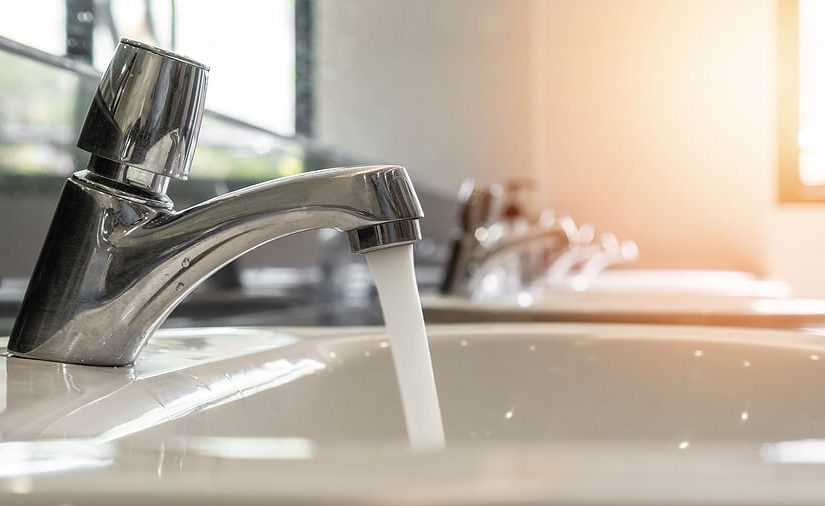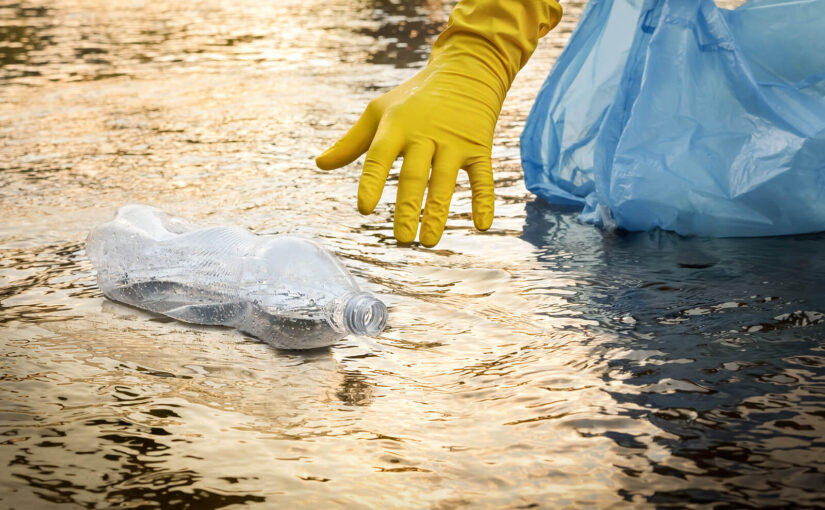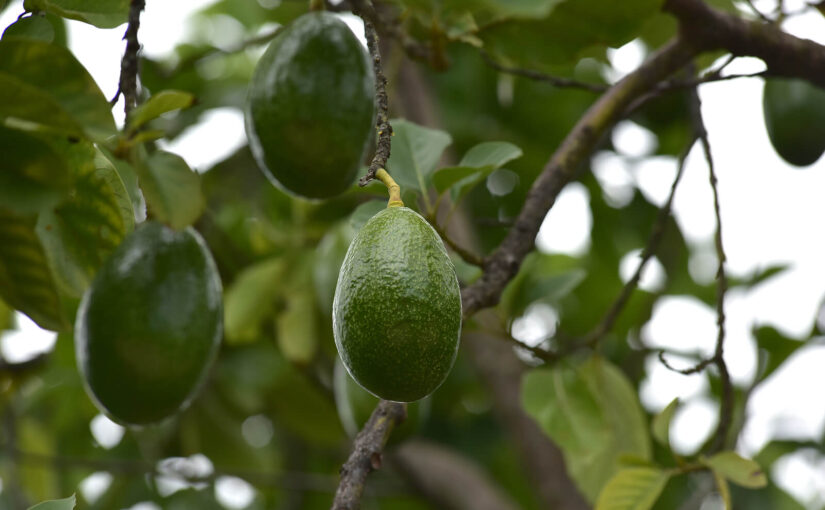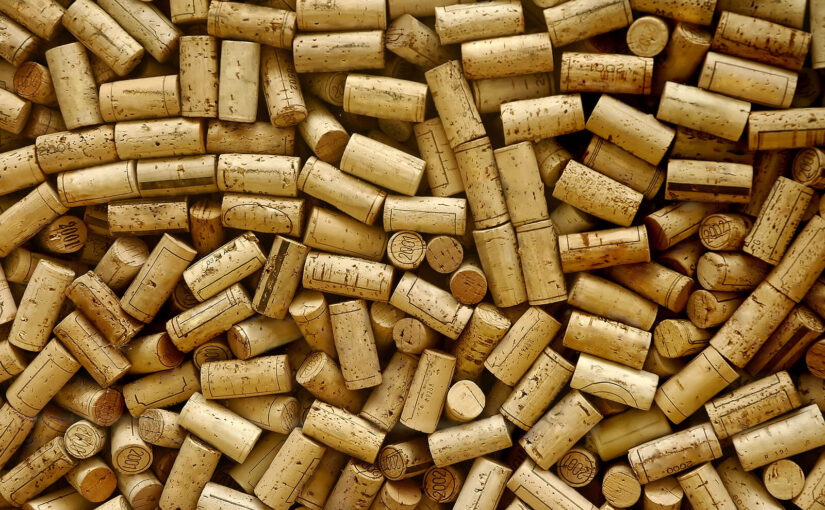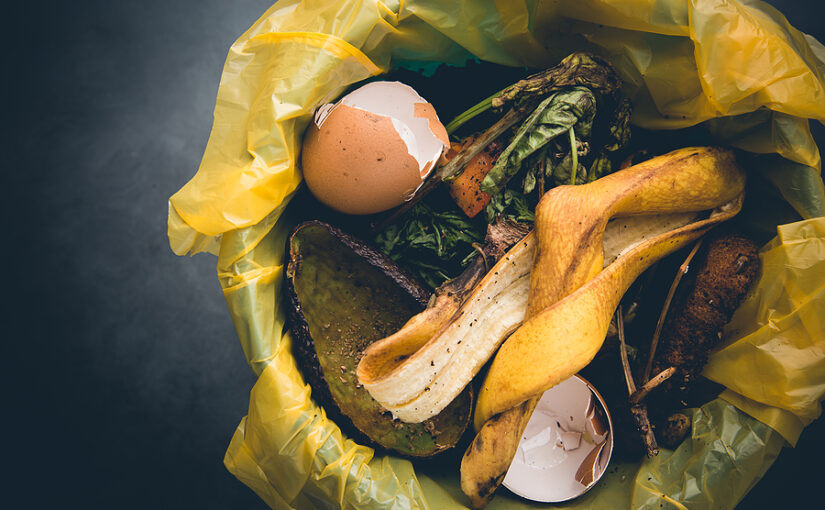The kitchen is the heart of the home and often where we use and generate the most plastic waste. In fact, since its creation in 1907, plastic use has consumed much of the UK.
You’ll find plastic in many kitchen items, from single-use plastic packaging to plastic utensils, cling film, Tupperware, and plastic-infused tea bags.
In the UK, 82% of adults want to reduce the amount of single-use plastic they throw away. However, standing in a kitchen surrounded by plastic can feel overwhelming.
